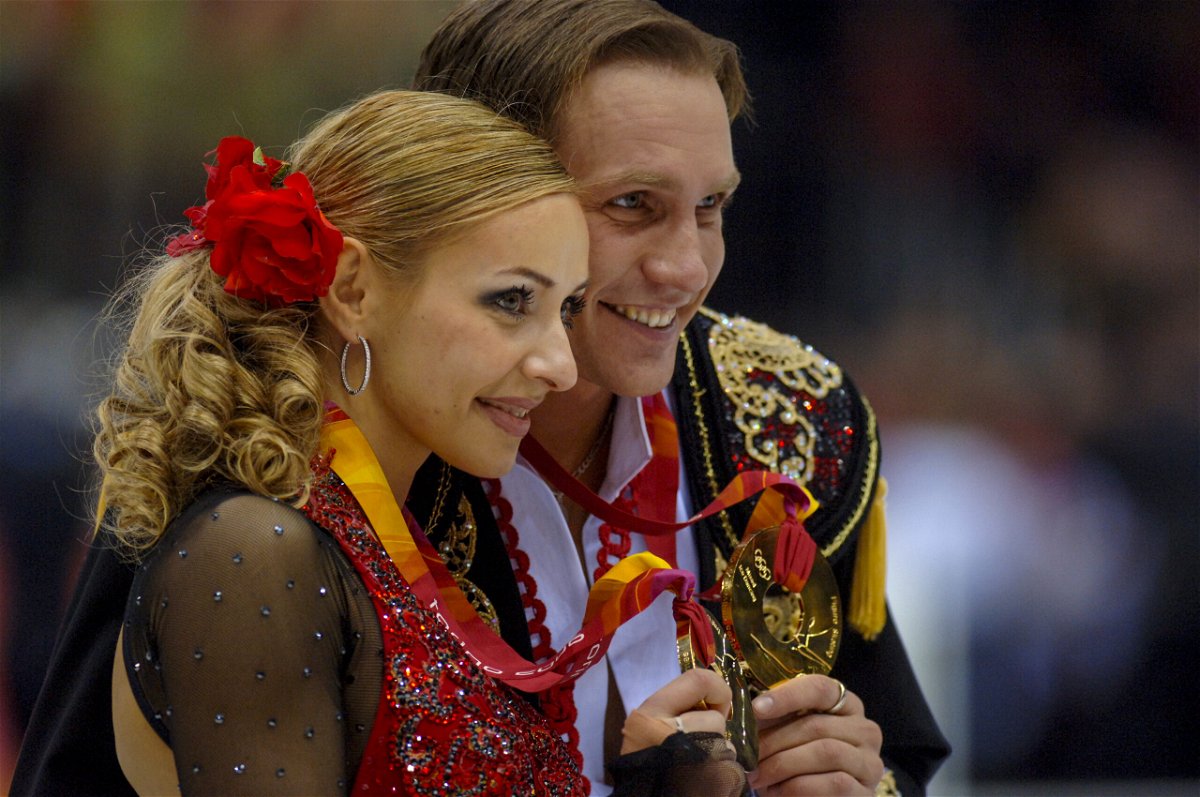Declaration of the 11th Olympic Summit
09 Dec 2022The Olympic Movement had to take the protective measures of not inviting athletes from Russia and Belarus because, on the one hand, some governments were deciding and still decide which athletes can participate in international competitions, and which athletes cannot. The Summit strongly rejected these measures by governments as unacceptable interference in the autonomy of sports organisations and their political neutrality. The Summit emphasised that participation in sports competitions must be based exclusively on the sporting merits of an athlete and respect for the rules of sport. Another reason for the protective measures was that, in some countries, the safety and security of athletes from Russia and Belarus could not be guaranteed anymore.
These protective measures put the Olympic Movement in a grave dilemma. All athletes had to be protected from political interference. The integrity of sports competitions had to be ensured. This led the IOC to act against its mission to unify the entire world in peaceful competition, since it had to prohibit athletes from participation because of their passport only.
The participants of the Summit discussed in detail whether the reasons for these protective measures still exist and explored different ways as to how to overcome this extremely grave dilemma. This debate was informed by:
The adoption of the “Sport as an enabler of sustainable development” resolution (A/77/L.28) by the United Nations General Assembly (UNGA) on 1 December 2022 in New York. This resolution recognised that major international sports events “should be organised in the spirit of peace” and “that the unifying and conciliative nature of such events should be respected”. It also supports the political neutrality of the Olympic Movement and “the independence and autonomy of sport as well as the mission of the International Olympic Committee in leading the Olympic Movement”.
The resolution was passed by consensus by all members of the 77th session of the UN General Assembly, which is remarkable, as this includes Russia and Ukraine.
Remarks by Csaba Kőrösi, President of the 77th Session of the UNGA, who said: “I encourage all Member States to preserve the unifying spirit of sports and the Olympic Movement. It is far more promising to the world if nations compete on the fields of sports than on the battle fields. The former makes us more noble and stronger, the latter leaves death and devastation behind.”
The statement by the Chair of the G20, Indonesia’s President Joko Widodo – following an address by the IOC President – in which the Indonesian President expressed his support for the political neutrality of sport, while at the same time emphasising the unifying power of the Olympic and Paralympic Games.
The statement by Emmanuel Macron, President of France – the host of the next Olympic and Paralympic Games – who said: “Sport should not be politicised. These major events are meant to allow athletes from all countries, sometimes including countries at war, to bring sport to life. Also, to find, through sport, ways of discussing where people can no longer talk to each other – I think that should be preserved.”
A letter by the Special Rapporteur in the field of cultural rights and the Special Rapporteur on contemporary forms of racism, racial discrimination, xenophobia and related intolerance of the United Nations Human Rights Council. They express “serious concern about the recommendation to ban Russian and Belarusian athletes and officials such as judges from international competitions, based solely on their nationality, as a matter of principle. This raises serious issues of non-discrimination.”
The participation of many athletes from Russia and Belarus in national leagues abroad, and in different international sports competitions, including in cycling and tennis.
The encouragement and expectation expressed by so many leaders and people from Asia, Africa, the Americas, Oceania and parts of Europe who consider sport to be a unifying force of major importance in these divisive and highly confrontational times. Many of them refer to this peace mission of the Olympic Movement, which was put into action most recently at the Olympic Winter Games PyeongChang 2018 by unifying the teams of the NOCs of the Republic of Korea and the Democratic People’s Republic of Korea in a joint march at the Opening Ceremony behind the Korean Unification Flag, while their countries were and still are in a state of war.
In the course of the debate, the Acting President of the Olympic Council of Asia (OCA) stated that, on the Asian continent, the reasons for the protective measures no longer exist. The OCA offered to facilitate the participation of athletes from Russia and Belarus in competitions in Asia under its authority
Last edited:




 I am sure that Boria Chait has learned from the Ilya Tkachenko debacle and has someone in mind.
I am sure that Boria Chait has learned from the Ilya Tkachenko debacle and has someone in mind. 